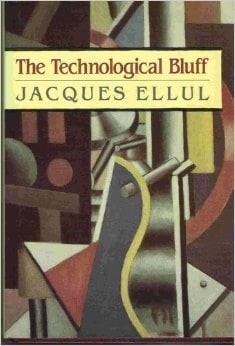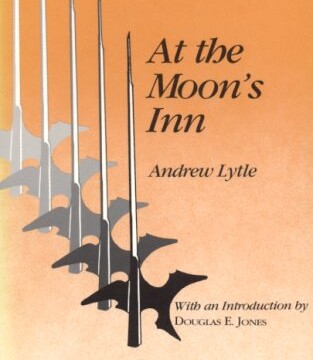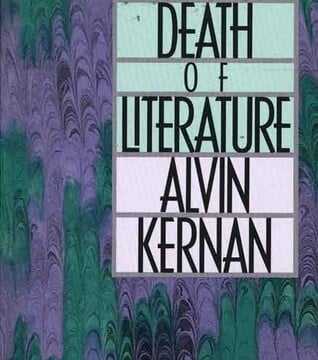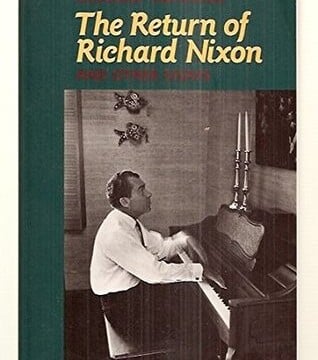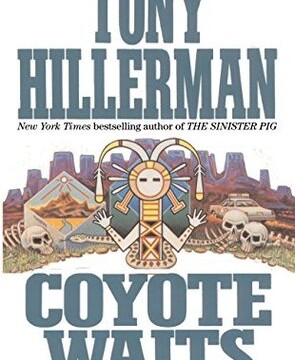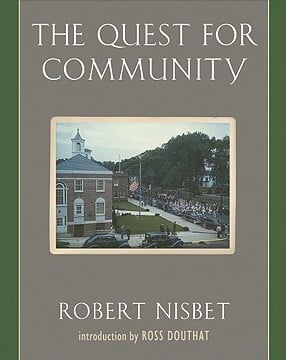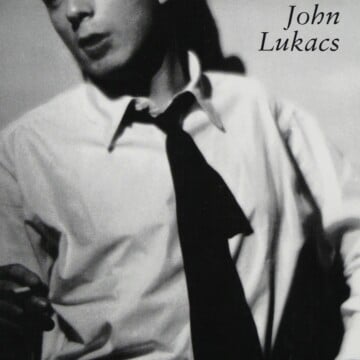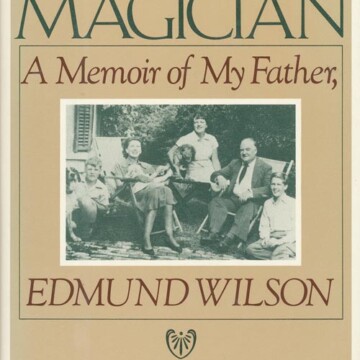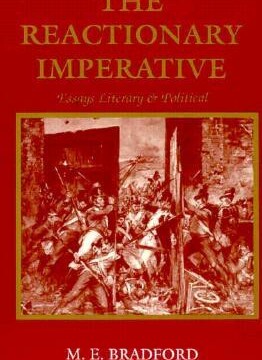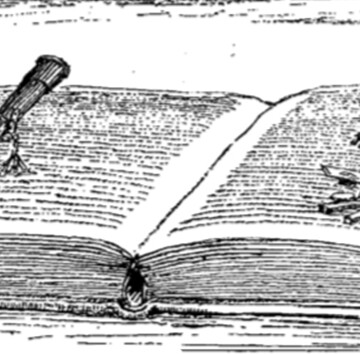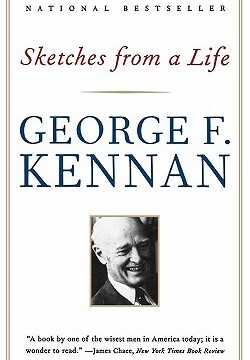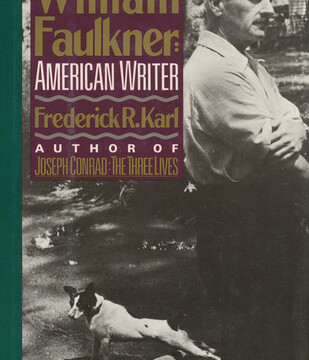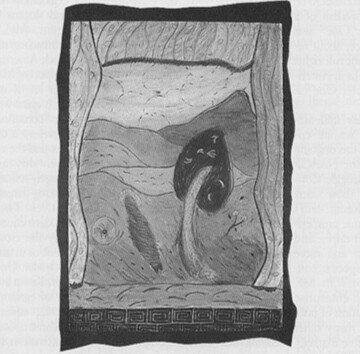Walter Sullivan is professor of English at Vanderbilt University, the author of two novels, and, most recently, of Allen Tate: A Recollection. He is also a frequent and long-standing contributor to the Sewanee Review, in which four of the ten essays in this volume (dedicated to, among others, George Core, Sewanee‘s editor) first appeared. Although...
Author: Chilton Williamson (Chilton Williamson)
The End of History
It seems to me that the staff and all the contributing editors to Chronicles, working together for a year in paradisiacal California on a lavish grant from the MacArthur Foundation, could not possibly produce as pessimistic a work as The Technological Bluff by the French cultural critic and author of more than forty books, Jacques...
La Florida
In an expedition that began in 1538 and endured until 1543, Hernando de Soto and six hundred men failed to discover in what is today Florida and the Lower American South that which they craved most to find—gold. Four centuries later, a young writer, poet, and novelist native to the region trained his genius on...
Great Exaggerations
“Whatsoever things were written aforetime were written for our learning.” —Romans 15:4 By the early 1960’s, conditions in America and in Europe had proceeded far enough that pundits and intellectuals on both sides of the Atlantic felt free to confirm what they referred to as “the death of God.” At about the same time, a...
On the Road to Somewhere
This book is mistitled, in the sense that Richard Nixon is the least interesting of the multivarious subjects covered herein. The author, of course, is not to blame for that fact; and perhaps it was modesty that kept him from perceiving where the strengths of his collection really lie. These essays differ in depth and...
Honest Words
It may be an embarrassing admission for somebody who has been a book review editor for the last 14 and a half years, but the truth is I had never heard of Tony Hillerman until May 1989, when I began traveling in the Southwest in connection with a book-writing project I am working on and...
Happy at Home
“No changes have been made in the text of the book for this printing,” Robert Nisbet wrote in his preface to the 1970 edition of The Quest for Community. Nor have changes been made in the new ICS Press edition, though it does carry a 13-page foreward by William A. Schambra that attempts to locate...
‘What Men? What Needs?’
“Rational thought Calm, reasonable, gentle persuasion. It was this quality of moderation in his writing that most impressed me, for my own inclinations always tended toward the opposite, toward the impatient, the radical, the violent.” —Edward Abbey on Joseph Wood Krutch The name of Joseph Wood Krutch was well-known in its day, much less so...
Forty Years in the American Wilderness
It is probably fair to say that John Lukacs, the Hungarian-American historian and historical philosopher, author of 13 books, remains after more than forty years an enigma to American historians in particular and to American political intellectuals in general. The historical profession, which persists in refusing to accept him fully into the sodality, has been...
Gnostic Epiphanies
Cormac McCarthy, 56-years-old, is the author of five published novels, which between them have sold approximately fifteen thousand copies in the original hardcover editions, published by Random House. (The Ecco Press, in New York City, is maintaining these titles in print in paperback.) Born in Rhode Island, reared in Tennessee, and traveled in Europe, McCarthy...
Blue Suede Shoes Are the Least of It
Perhaps I am not the ideal reviewer for this book. I do not own a television, and I have not seen a movie in a dozen years. (I do have an AM-FM radio in my truck, which I use to monitor blizzards, sandstorms, flashfloods, and tornadoes.) I do not read People, Us, Self, TV Guide...
The Houdini of Talcottville
There are three ways in which the word “magician” may be applied to the critic and author Edmund Wilson: in his relationship to the printed word, in his relationships with women, and, more literally, as a straightforward reference to the fact of his having been a lifelong student and practitioner of “magical” tricks. All three...
The American Spectrum
There is no conflict, M.E. Bradford insists, “between preserving the language and securing a civil polity,” a credo which, embedded in “What We Can Know For Certain: Frank Owsley and the Recovery of Southern History,” provides the subtext for the work as a whole. Not only does a relationship between language and polity exist, it...
Space Art
“The land of the heart is the land of the West.” Catholic readers of American literature have always recognized that the difference between Eastern and Western fiction is the difference between New Canaan, Connecticut, and Tuba City, Arizona. A. Carl Bredahl’s book is a comprehensive as well as original attempt at defining the nature, of...
Hope Amid the Ruins
It may possibly be a virtue to maintain a diary, and probably it is no sin to publish one. In the first case, the virtue is enhanced, in the second the potential for sin mitigated, by the diarist having been a regular and faithful one; and in this respect anyway George Frost Kennan is as...
The Unsovereign Artist
A thousand-page book, like a thousand-foot ship, must not disappoint; unfortunately, Karl Frederick’s William Faulkner is the QE II of American literary biography. “This book attempts,” Professor Karl states in his foreword, “to integrate the latest in biographical information with Faulkner’s own large body of work in fiction and poetry.” He adds that, “It will...
The Cow in the Trail
Even in mid-September you cannot go comfortably by day into the deserts of southeastern Utah. Together the late Edward Abbey and I rented horses and rode into the La Sal mountains, following what began as a dirt road and ended as a trail at an elevation of approximately 10,500 feet. From the mountain pass, we...
